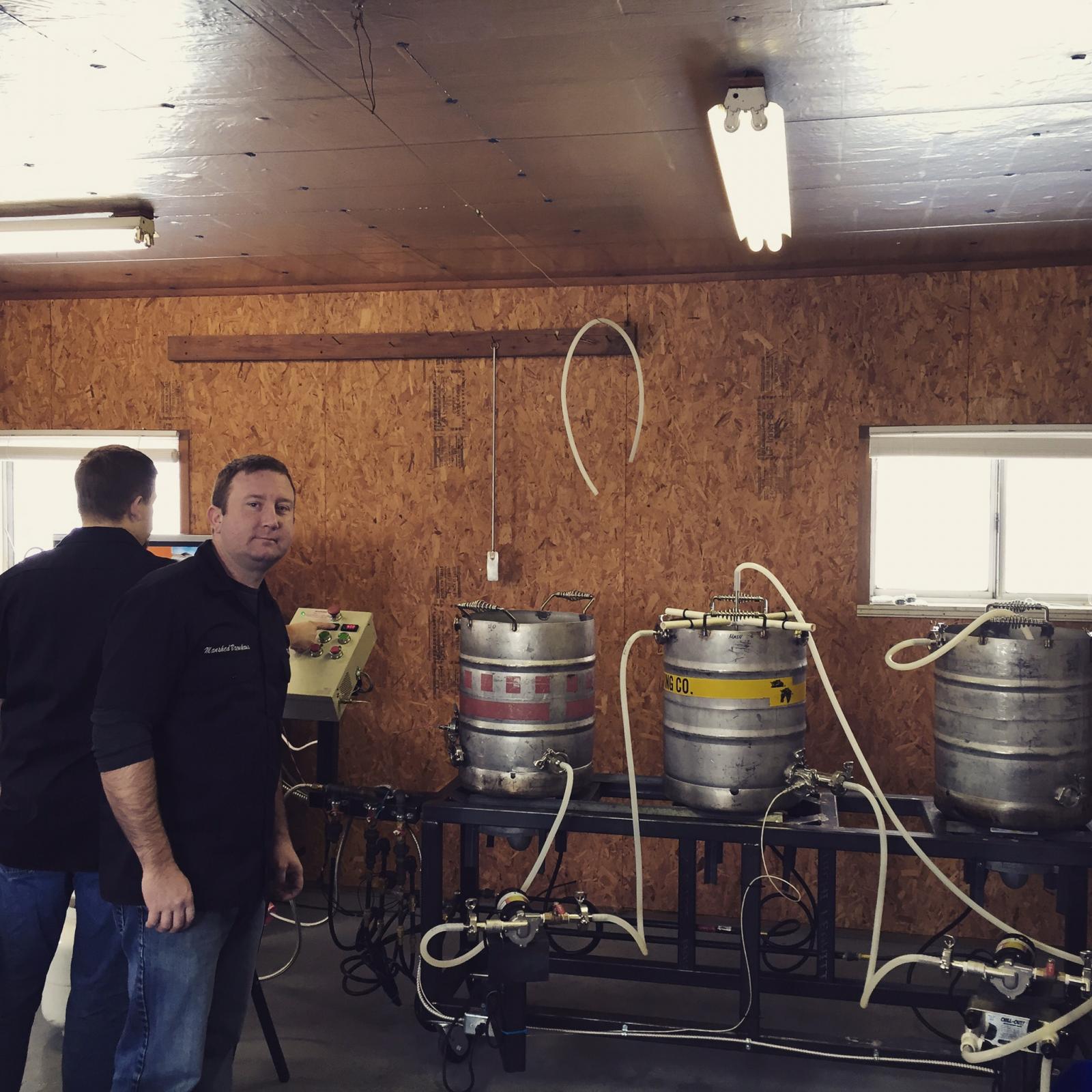PilotBMP
Well-Known Member
It seems that after every fermentation I have a cloudy, blan and grainy tasting beer. I ferment in a fermentation chamber that is a converted freezer. I have a temp controller so I can keep my temps within +/- .1 degree.
During fermentation anytime I open the chamber it burns my nose with alcohol fumes and strong floral scents. Does the fact that I have no way to circulate air through there matter since I have an airlock on?
I am religious about sanitation but do not bleach the chamber after EVERY session (I feel the fermentation lock does its job?).
So to recap:
Could all these things be tied together and what is causing it?
Thanks all,
Ben
ManShed Brewhaus
During fermentation anytime I open the chamber it burns my nose with alcohol fumes and strong floral scents. Does the fact that I have no way to circulate air through there matter since I have an airlock on?
I am religious about sanitation but do not bleach the chamber after EVERY session (I feel the fermentation lock does its job?).
So to recap:
- Very sanitary
- Fermentation chamber with strong scents
- Beer ending up cloudy, blan and grainy
Could all these things be tied together and what is causing it?
Thanks all,
Ben
ManShed Brewhaus









































![Craft A Brew - Safale S-04 Dry Yeast - Fermentis - English Ale Dry Yeast - For English and American Ales and Hard Apple Ciders - Ingredients for Home Brewing - Beer Making Supplies - [1 Pack]](https://m.media-amazon.com/images/I/41fVGNh6JfL._SL500_.jpg)

















